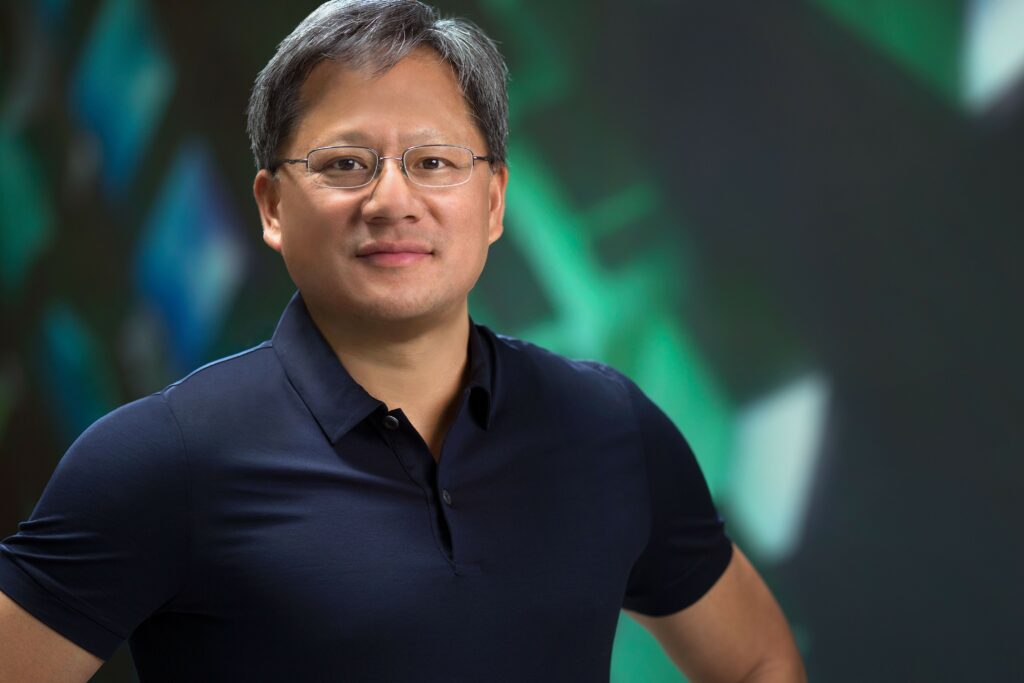
According to Fast Technology on July 18, Jen-Hsun Huang told Chinese media about his origins, explaining that he was born Chinese and then became Chinese-American. He emphasized how China is emerging strongly in the field of artificial intelligence, thanks to a growing number of experts and a favorable research environment. “First I’m Chinese, then I became Chinese-American. I work in the semiconductor industry and do AI research, but as you know, there are many Chinese who are very good at AI,” he said.

Huang emphasized that China today has a wealth of talent and that its culture, which has always valued science and mathematics, provides a solid foundation for the growth of computer science. In his view, the union between software and information technology is at the heart of the development of artificial intelligence, creating particularly favorable conditions for the country. This, according to Huang, makes China well-positioned to seize the opportunities arising from the current technological revolution.
Looking at the global context, Huang stated that the historical moment is ideal for scientific and technological development, and China appears poised to play a leading role. “I think China will be very successful,” he reiterated, expressing optimism about the future of Chinese companies and their ability to innovate in the sector.
During the interview, Huang also answered a question about the possible role of Huawei’s AI chips as an alternative to NVIDIA’s solutions. He explained that, in his opinion, it’s only a matter of time before Huawei fully catches up with its international competitors, thanks to the technological advances it has made in recent years. He emphasized that Huawei has already demonstrated its computing power.
Finally, Huang emphasized his commitment to building a global ecosystem dedicated to artificial intelligence, describing NVIDIA’s work as the fruit of decades of experience. “No one is working harder than me right now. I’m already doing it at a very high level and on a scale that’s difficult to achieve, and Huawei is already on par with us, which says a lot,” he concluded.
Last week, Huang met with Trump in the Oval Office to push his call to restart sales of his custom chips, arguing that American chips should be the global standard and that it was a grave mistake for the United States to cede the huge Chinese market to local competitors, according to two people familiar with the matter who spoke on condition of anonymity.
A few days later, Nvidia announced that the administration was changing course. It was a radical reversal that marked Huang’s rise as a major geopolitical player in the tech world. He also emphasized the Nvidia’s rapid rise from a little-known Silicon Valley chipmaker to the world’s most valuable publicly traded company and a key pillar of the tech industry’s artificial intelligence boom.
Just last week, Nvidia, which controls over 90% of the market share for chips needed to build AI systems, became the first publicly traded company with a market value exceeding $4 trillion. Since then, its market value has rapidly surpassed that milestone thanks to its return to the Chinese market.
Follow us on Google News to receive daily updates on cybersecurity. Contact us if you would like to report news, insights or content for publication.
